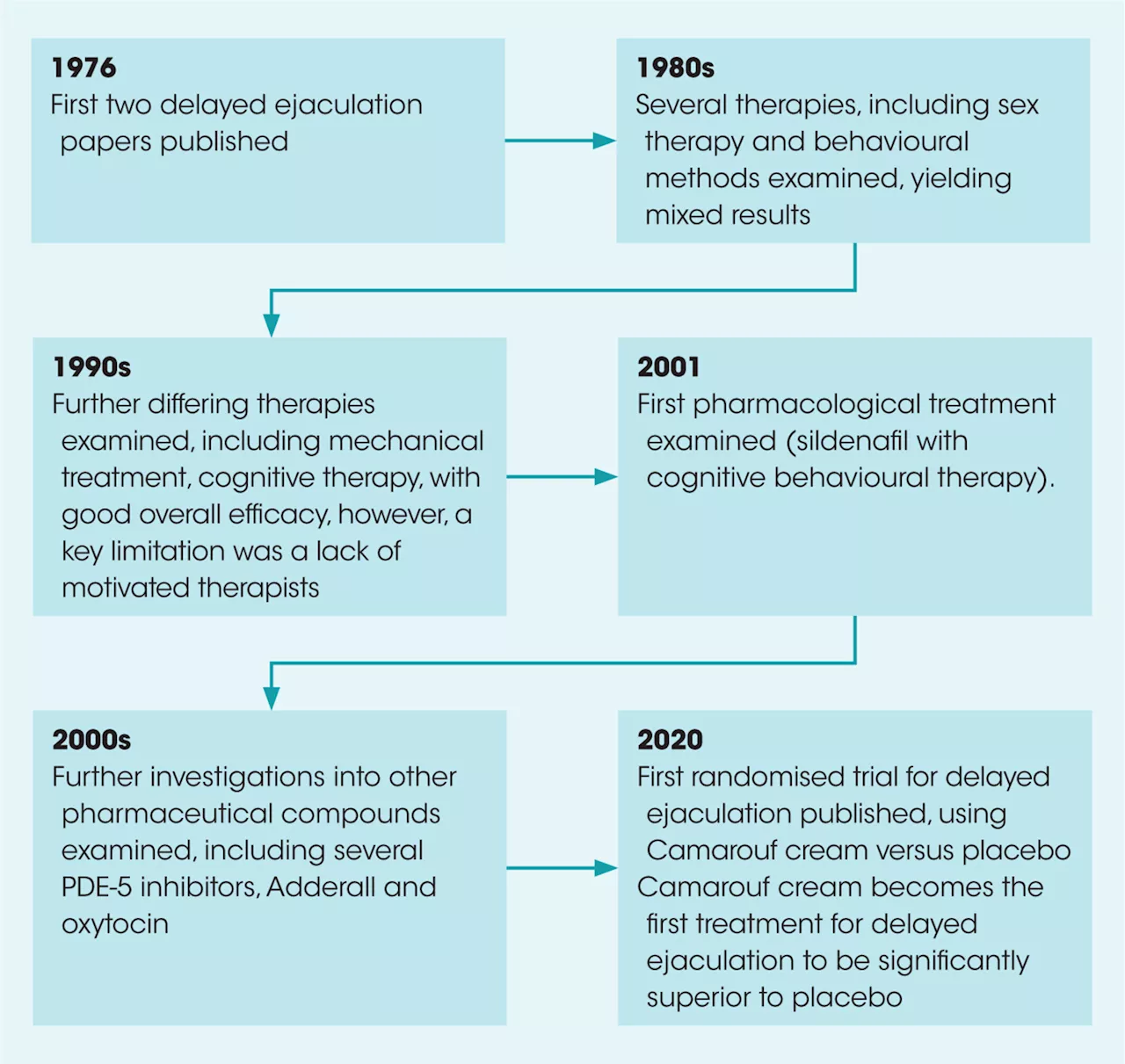If there is one medical exam that everyone in the world has taken, it's a chest x-ray. Clinicians can use radiographs to tell if someone has tuberculosis, lung cancer, or other diseases, but they can't use them to tell if the lungs are functioning well.
Osaka Metropolitan UniversityJul 8 2024 If there is one medical exam that everyone in the world has taken, it's a chest x-ray. Clinicians can use radiographs to tell if someone has tuberculosis, lung cancer , or other diseases, but they can't use them to tell if the lungs are functioning well.
Professor Ueda and the research group trained, validated, and tested the AI model using over 140,000 chest radiographs from a nearly 20-year period. They compared the actual spirometric data to the AI model's estimates to fine-tune its performance. The results showed a remarkably high agreement rate, with a Pearson's correlation coefficient of more than 0.90, indicating that the method is sufficiently promising for practical use.
Lung Cancer Lungs Research Tuberculosis X-Ray
Singapore Latest News, Singapore Headlines
Similar News:You can also read news stories similar to this one that we have collected from other news sources.
 Treating nephrocalcinosis in newborns: A primer for cliniciansAs many as 40% of preterm infants in the U.S. suffer from nephrocalcinosis, a condition that deposits excess calcium in kidneys. Unfortunately, it's often underdiagnosed. Neonatologists don't always check for nephrocalcinosis, even though it can be serious. Sometimes nephrocalcinosis is found incidentally while investigating other concerns.
Treating nephrocalcinosis in newborns: A primer for cliniciansAs many as 40% of preterm infants in the U.S. suffer from nephrocalcinosis, a condition that deposits excess calcium in kidneys. Unfortunately, it's often underdiagnosed. Neonatologists don't always check for nephrocalcinosis, even though it can be serious. Sometimes nephrocalcinosis is found incidentally while investigating other concerns.
Read more »
 U.S Preventive Services Task Force recommends clinicians refer children with high BMI to behavioral interventionsThe U.S Preventive Services Task Force (USPSTF) recommends that clinicians refer children aged 6 years or older with a high body mass index (BMI) to comprehensive intensive behavioral interventions. These recommendations form the basis of a final recommendation statement published online June 18 in the Journal of the American Medical Association.
U.S Preventive Services Task Force recommends clinicians refer children with high BMI to behavioral interventionsThe U.S Preventive Services Task Force (USPSTF) recommends that clinicians refer children aged 6 years or older with a high body mass index (BMI) to comprehensive intensive behavioral interventions. These recommendations form the basis of a final recommendation statement published online June 18 in the Journal of the American Medical Association.
Read more »
 New guidelines set to change the way clinicians diagnose type 1 diabetesType 1 diabetes (T1D) diagnoses could soon be transformed with newly released guidance, developed with input from a University of Adelaide expert, outlining how to detect and monitor early-stage T1D before the point of symptom onset.
New guidelines set to change the way clinicians diagnose type 1 diabetesType 1 diabetes (T1D) diagnoses could soon be transformed with newly released guidance, developed with input from a University of Adelaide expert, outlining how to detect and monitor early-stage T1D before the point of symptom onset.
Read more »
 Nudging both clinicians and patients may increase serious illness conversationsCombining clinician- and patient-directed nudges may help to promote serious illness conversations (SICs) in cancer care, according to a study published online July 1 in JAMA Network Open.
Nudging both clinicians and patients may increase serious illness conversationsCombining clinician- and patient-directed nudges may help to promote serious illness conversations (SICs) in cancer care, according to a study published online July 1 in JAMA Network Open.
Read more »
 The USPSTF recommend clinicians refer children and adolescents 6 years or older with a high BMI to intensive behavioral interventionsResearchers at the USPSTF discussed the high prevalence of obesity among adolescents and children in the US, particularly among certain ethnic groups and those from lower-income families.
The USPSTF recommend clinicians refer children and adolescents 6 years or older with a high BMI to intensive behavioral interventionsResearchers at the USPSTF discussed the high prevalence of obesity among adolescents and children in the US, particularly among certain ethnic groups and those from lower-income families.
Read more »
 Hope for men affected by 'overlooked' sexual issueIt is hoped new research will assist clinicians in helping millions of men who suffer from an overlooked sexual complaint, despite no medications approved by regulators in the UK currently being available.
Hope for men affected by 'overlooked' sexual issueIt is hoped new research will assist clinicians in helping millions of men who suffer from an overlooked sexual complaint, despite no medications approved by regulators in the UK currently being available.
Read more »
